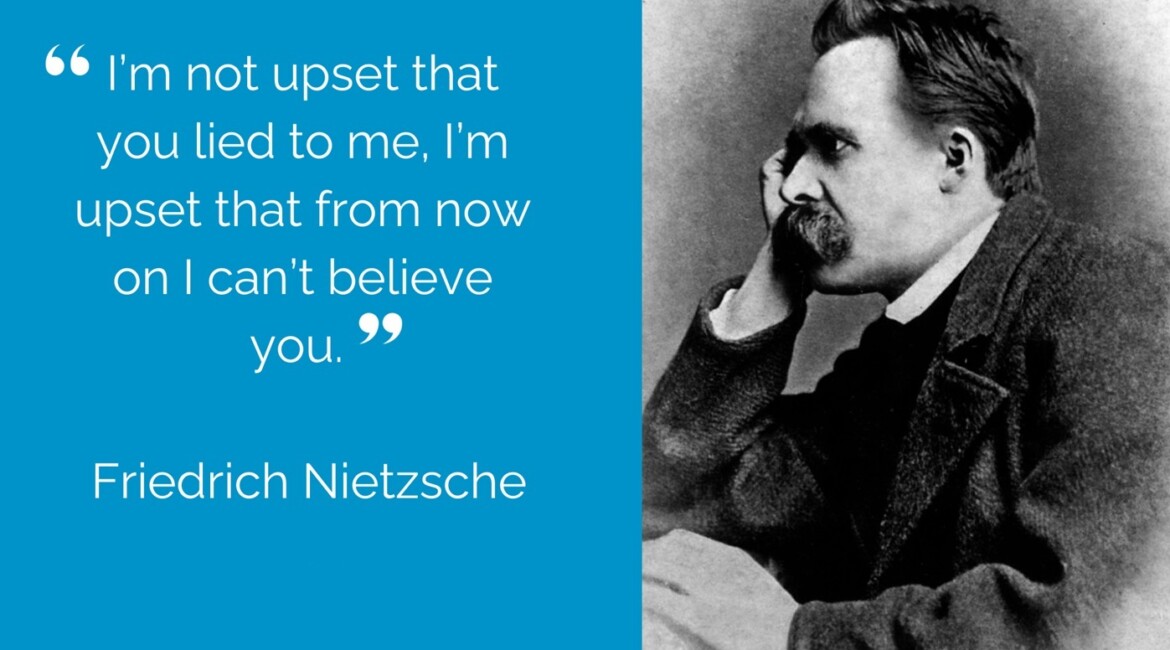
How To Best Use Witness Evidence In Legal Claims

When a litigator takes on a claim which is proceeding in the civil courts, he/she should be thinking from the very start about the prospects for a trial or other hearing at which witnesses in the case get to give evidence. That means trying to evaluate the quality and weight of evidence – for AND against.
Most cases settle but of the ones that get to a final hearing in front of a judge there will be a detailed forensic scrutiny of what the witnesses have to say and how exactly they say it.
These days ahead of any such hearing formal written Witness Statements are prepared and exchanged. Often these will be prepared by lawyers for the parties based on conversations had, meetings held and documents considered. Each witness will have had an opportunity to check what has been put together and having agreed the contents, signed a Statement of Truth declaring that the contents are true.
At a formal hearing the Witness Statement will be incorporated into a bundle of documents before the tribunal/court. The witness will be called to the “stand”, asked to confirm name, address and other simple facts and to confirm that the Witness Statement they signed is accurate. This then stands as their evidence and they can then be cross-examined on this evidence.
Witness evidence differs – one account can tell quite a different story from another. Sometimes even witnesses on the same side will have accounts that do not completely match and certainly given that the Statement should have been expressed in the witnesses “own words” the nature of language used, emphasis and strength of facts or recall will differ.
The judge needs to get to the truth – is a witness lying or is there simple confusion, what support is there for a given scenario, how long ago did the events being recalled happen?
I am not going to bore you with the relevant case law and largely because there are no prescribed rules for judges.
Here though are a bunch of headline pointers that will be in the mind of the judge:
Human memory sails us all
- Everyone knows human memory can fail us. Goodness knows I have often sworn I left my car keys or specs somewhere other than the place I did actually leave them; and
- We think though our memories are better than they actually are.
Things we think we know about our memory (and which we are wrong about)
- The stronger and more vivid is our feeling or experience of recollection the more likely the recollection is to be accurate; and
- The more confident another person is in their recollection, the more likely their recollection is to be accurate.
Why is that?
- Memories are fluid and get manipulated somehow;
- They are constantly rewritten whenever they are retrieved – so our mind adapts the original memory;
- This is true of “flashbulb” memories of a shocking or traumatic event. We think our memory has captured the event rather as a camera would – it hasn’t;
- Other information can distort one’s own thoughts, prejudices, experiences too. This can cause dramatic changes in recollection; and
- Events can be recalled as memories which did not happen at all or which happened to someone else.
World events which are imprinted on our psyche by mainstream and social media images and accounts skew our recollections and embellish our beliefs – the assassination of JFK, death of Diana and terrorist atrocities – the detail disseminated informs our memory and we almost believe we were witnesses at these events as we have so much information surrounding them.
The process of civil litigation itself subject memory to bias
- Witnesses may have a stake in a particular version of events as they will often have a personal or business/professional relationship with the party they are vouching for;
- Making a witness statement and going to court to give evidence demands memory challenges; and
- A desire to assist the party calling a witness and a natural desire to make a good impression can be significant motivating factors.
The procedure of preparing for trial interferes with memory
- A witness won’t be asked to make a statement very likely until a long time after the relevant events;
- The statement is usually drafted by a lawyer who wants the statement to be “slanted” in respect of the issues to be proven or disproved;
- The statement is usually made after a witness’s memory has been “refreshed” by reading documents;
- The documents can include legally drafted material which the witness did not see at the time or which came into existence after the event;
- The statement is “fine-tuned”, amended several times before it is finalised; and
- It can be months later the witness is asked to re-read the statement and documents before giving evidence in court.
The effect of this is to establish in the mind of the witness the matters in the statement and documents whether they be true or false. This also causes the witness’s memory to be based increasingly on the material and later interpretations rather than the original events.
The difference between reconstruction and recollection
- All remembering of distant events involves reconstruction processes.
The approach of the judge
- A judge places little, if any, reliance on witness recollections of what was said in meeting and conversations (unless corroborated by some contemporaneous record made at the time or very soon afterwards); and
- Factual findings are based on inferences drawn from the documentary evidence and known probable facts.
So does oral evidence serve no useful purpose?
- Cross-examination subjects the documentary record to critical scrutiny and to gauge the personality, motivations and working practices of a witness rather than what the witness recalls of particulars, conversations and events.
The key point
A Judge said:
“Above all, it is important to avoid the fallacy of supposing that, because a witness has confidence in his or her recollection and is honest, evidence based on that recollection provides any reliable guide to the truth.”
It is not uncommon for a witness to be afforded an opportunity to give evidence via video link. Many hearings (during the progress of a claim and final hearings) have, during the pandemic upheavals, been conducted in this way instead of “in person”.
Video does not always provide an adequate substitute for a witness attending court “in the flesh” for a trial, particularly where the witness is a party to the proceedings. The nuances of an individual can be most telling – posture, eye movement, affectation, timbre of voice and it is certainly true that the weight upon a witness to respect the court and to be fully truthful is diluted by being absent from the drama of the courtroom and the persons that occupy it.
The witness immunity rule prevents witnesses from being sued for things said or done both “in the ordinary course of proceedings” and outside court in preparing to give evidence. This does not necessarily extend to the exhibits to a witness statement. And a witness can still be in contempt of court for false statements in a witness statement verified by a Statement of Truth.
Where does this leave us then?
The courts recognise that some witnesses are clearly dishonest. Lawyers know this too.
- A strong recollection of events expressed in evidence with confidence is not a reliable guide to the accuracy of the recollection;
- The fact that a witness has a considerable amount to gain if their recollection of events is accepted by the court as fact, means that the witness’s recollection is very likely to be biased towards that which supports the outcome they seek; and
- When a witness recalls events from the past, they are in fact unconsciously reconstructing those events. The description the witness provides of the relevant events is in fact a description of the reconstruction undertaken at that point. Testing recollection against contemporaneous documentation is a very useful and important exercise as it gives the court an opportunity to compare a near contemporaneous version of events (subject to no or little reconstruction) with a re-constructed version of events.
However carefully we prepare evidence to safeguard against tainting, bias and opinion (and to ensure it accords with a witnesses account) a witness must ensure what is recorded evidentially fits with their narrative and matches the account they want to give.
In a recent case a judge found a witness to be “a careful honest and impressive witness”, who even corrected one of her statements with care in pen before signing it. I am always pleased when a Witness Statement prepared by my firm is amended by the witness and returned for correction – it shows that the witness has taken the utmost care to read it.
A good measure of a witness statement and evidence is to look to the “3 C’s”:
Consistency – how has an account changed over time?
Corroboration – what support is there for a particular version of events?
Contradiction – has the witness tripped him/herself up or been tripped up by the account of another witness or party?
Another Judge said:
“…witnesses can often lie and for different reasons. Lies in themselves do not necessarily mean that the entirety of the evidence of a witness should be rejected. A witness may lie in a stupid attempt to bolster a case, but the actual case nevertheless remains good irrespective of the lie. A witness may lie because the case is a lie.”
Ivanka Trump in giving evidence recently had the following exchanges with prosecutors:
Did you have any roles in preparing Donald J Trump’s statements of financial condition?
“Not that I’m aware of,” she replies.
Did you ever review any of Donald J Trump’s statements of financial condition before they were finalised?
“I don’t recall,” she says.
Sometimes witnesses genuinely don’t remember. It is best they say that rather than trying to concoct some story to fit the narrative.
In a case I was involved in some years ago an arrogant witness was reminded by my own barrister in the only question he was asked in careful, quiet and measured cross-examination: “When you took the stand to give your evidence to the court today you took an oath to tell the truth. Have you told the truth to this court?” The witness fainted….and needless to say lost his case.
I have always held our judicial system in high regard. It has massive failings but I do still have a sense that more often than not “the truth will out” whatever attempts are made to conceal it.
This article is intended for general information only, applies to the law at the time of publication, is not specific to the facts of your case and is not intended to be a replacement for legal advice. It is recommended that specific professional advice is sought before relying on any of the information given. © Jonathan Lea Limited.
